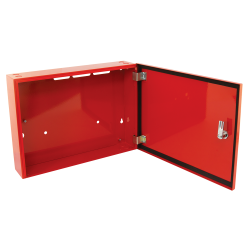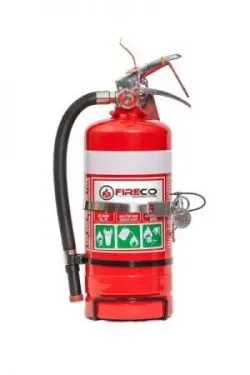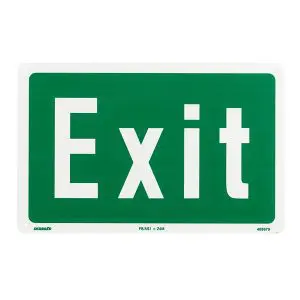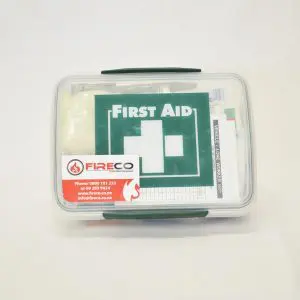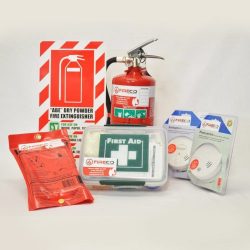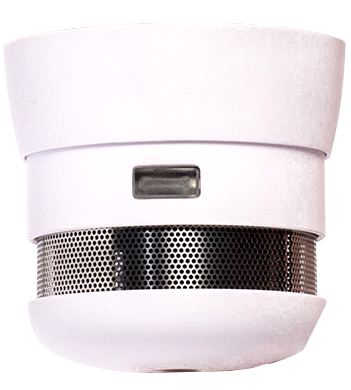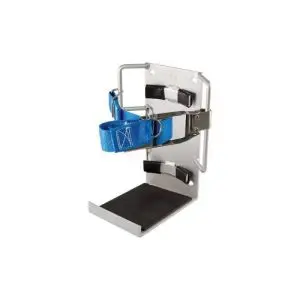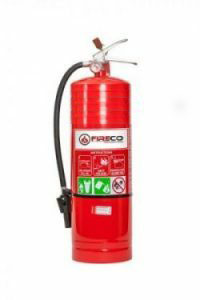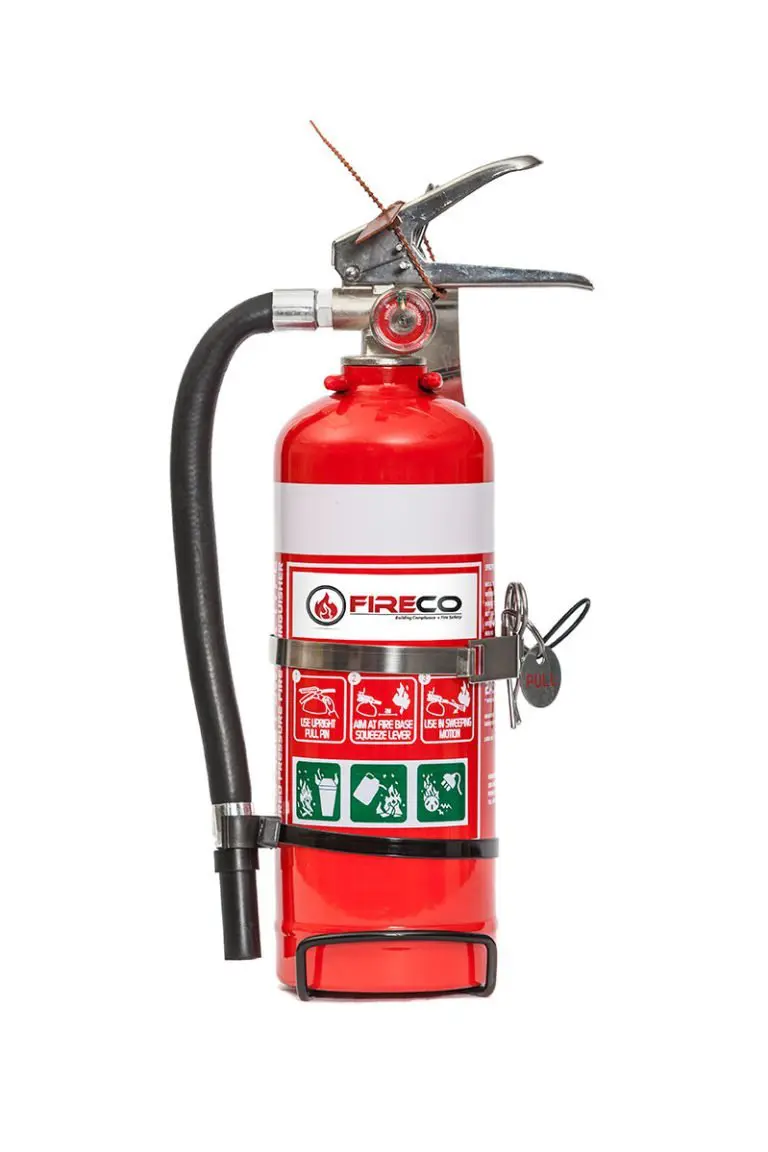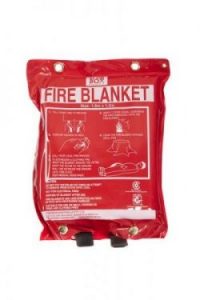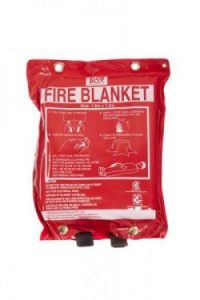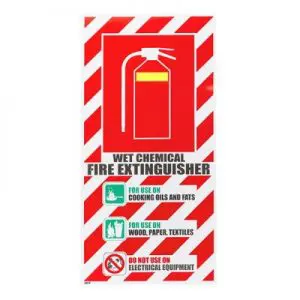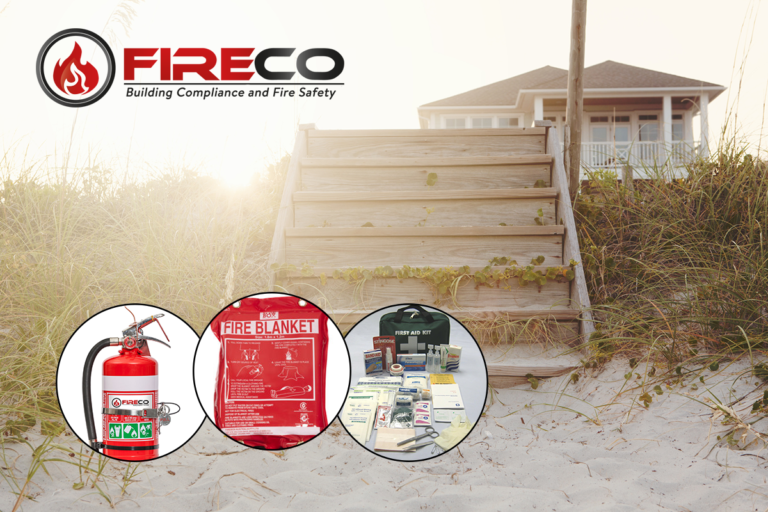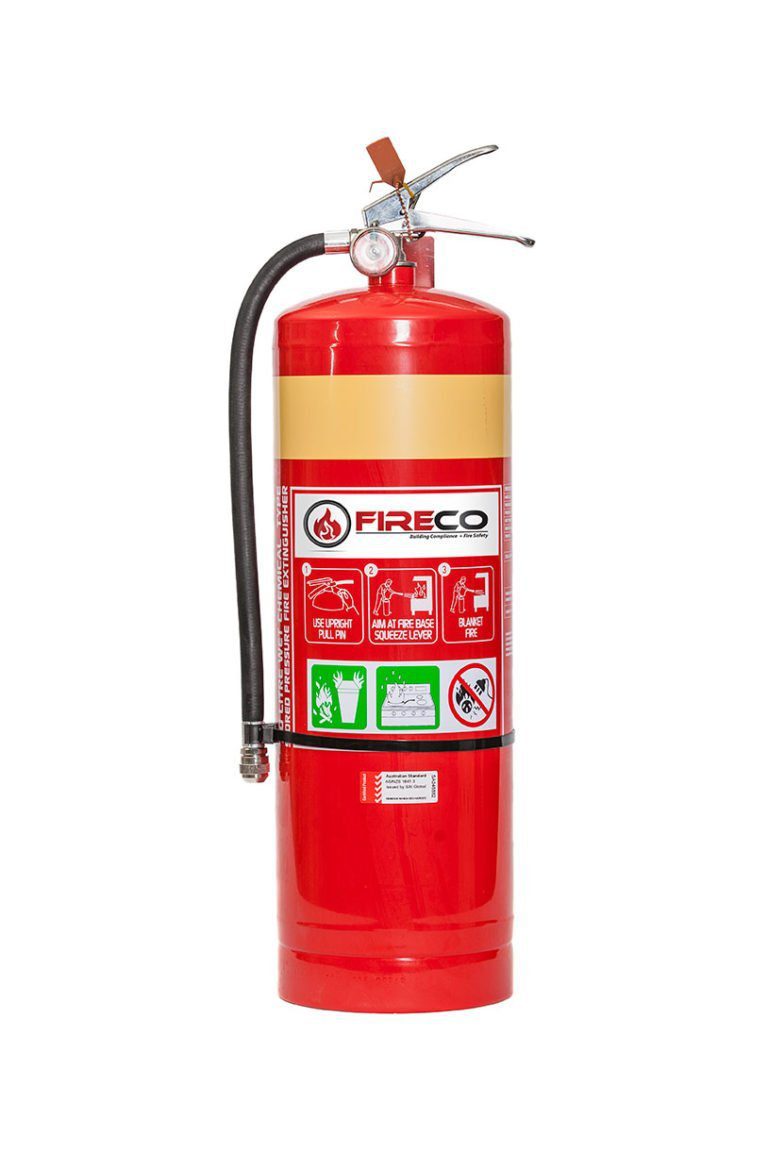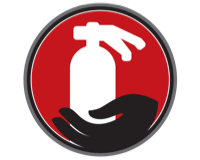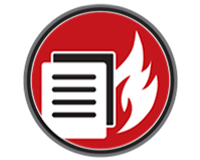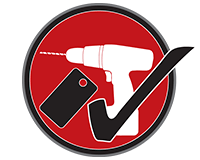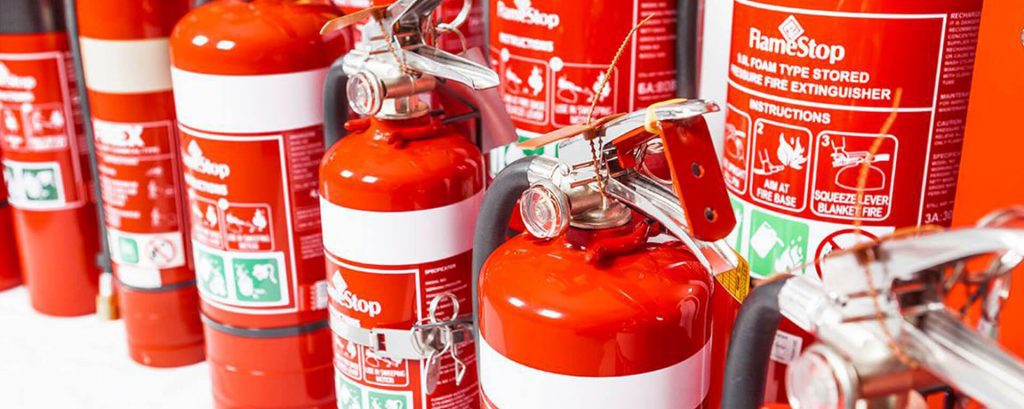
A fire extinguisher is the first thing we grab in case a fire breaks out. It’s pretty intuitive by now, we’ve learned it as a basic response since we were young. The sight of any small fire meant grabbing that red metal thing by the door.
And it never fails. The fire extinguisher is always at the door, by the hallway or exit where we can easily reach for it. However, sometimes the fire extinguisher itself can fail.
And that’s a scary thought. No, it’s not a joke. Fire extinguisher failures do happen particularly when a facility is not well-maintained or not up-to-date with compliance safety rules. But the remedy for this is quite simple, to stop your fire extinguisher from failing when you need it- this can be prevented through regular fire safety inspections.
Fire extinguishers are great tools in containing and extinguishing sudden fires, and it further stops the fire from causing more damage to people and property.
However, as sturdy as fire extinguishers have become, they are not indestructible firefighting tools. They can also deteriorate over time and become ineffective if damaged.
The last thing you want to have around when a fire breaks out is a failed fire extinguisher. That is why you need to be aware of what causes fire extinguishers to fail and how you can avoid it.
Once the initial contents of a fire extinguisher have been expelled, it becomes less effective when you use it again for another fire incident. It’s advisable to replace the fire extinguisher with a new one or have the old one refilled if it has been sitting for a period of time.
In order for a fire extinguisher to work properly it should be at full capacity so it can maintain its charged pressure.
The solution here is to have your fire extinguisher recharged immediately after use, so it would be fire-crisis ready.
Fire extinguishers might look durable and rigid. However, only a short drop or a tiny collision can cause damage to the fire extinguisher, especially to its sensitive parts like the valve assembly.
Fire extinguishers that have been left outdoors under the sun or somewhere freezing cold, can cause significant damage and compromise the integrity of your canister. You can always prevent this issue from happening by placing it somewhere safe, where it can’t get knocked over, or exposed to extreme temperatures. In keeping with fire emergency preparedness, you should also physically inspect your fire extinguisher for dents and loose parts. We carry out inspections as part of the IQP process.
Fire extinguishers are known for their cylinder tanks and long black hoses. When in use, extinguishing agents should be able to flow freely from the tank to the hose and released directly to the flames. However, a clogged hose can block these fire suppressing agents. The hose itself, despite looking durable, cannot endure cold temperatures that well, as it can cause the hose to become brittle and prone to tears and rips. Make sure to always check the hose for holes and to clear out anything from the inside that can block the flow of the chemical retardant.
Leaks happen when the internal pressure of a fire extinguisher changes. We already know that fire extinguishers are prone to losing charge pressure when it discharges. However, leaks can also happen if the fire extinguisher was never been used. Always check the fire extinguisher’s pressure gauge and make sure that the indicator is always in the green zone.
Corrosion happens when your fire extinguisher is exposed to moisture for a long period of time. It can devour levers, valves and any other parts made from metal rendering them, brittle and crusty.
This can lead to catastrophic failure during an emergency. There are also times that the tank is so corroded that it is already not able to contain the pressure of its contents. If this happens, there’s a huge risk of rupturing the tank when it is activated, which can injure whoever uses the fire extinguisher.
The fire extinguisher will literally blow up in your face.
But all it takes to prevent this issue from ever happening is by storing your fire extinguisher somewhere safe and dry within the premises.
Fire extinguishers are surely your first defense against major fire damage. It can help you save lives when a fire emergency happens.
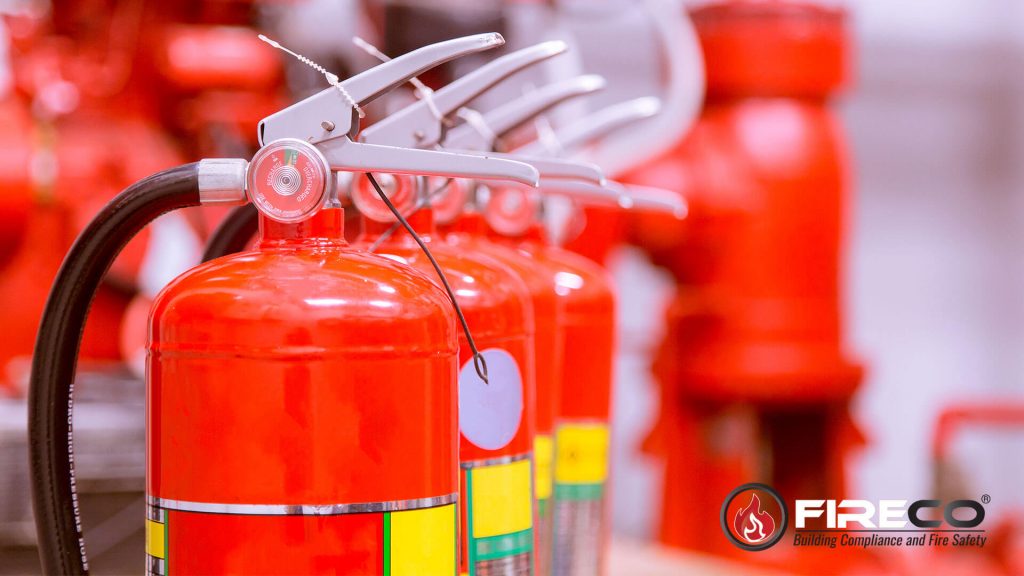
Make sure your fire suppressing equipment is always ready and in the best condition throughout the year. In Whangarei, Fireco NZ can help you take care and maintain the integrity of your fire extinguishers. Call us 0800 101 232 to inquire on the size and specifications of your fire extinguisher or email Fireco at info@fireco.co.nz


